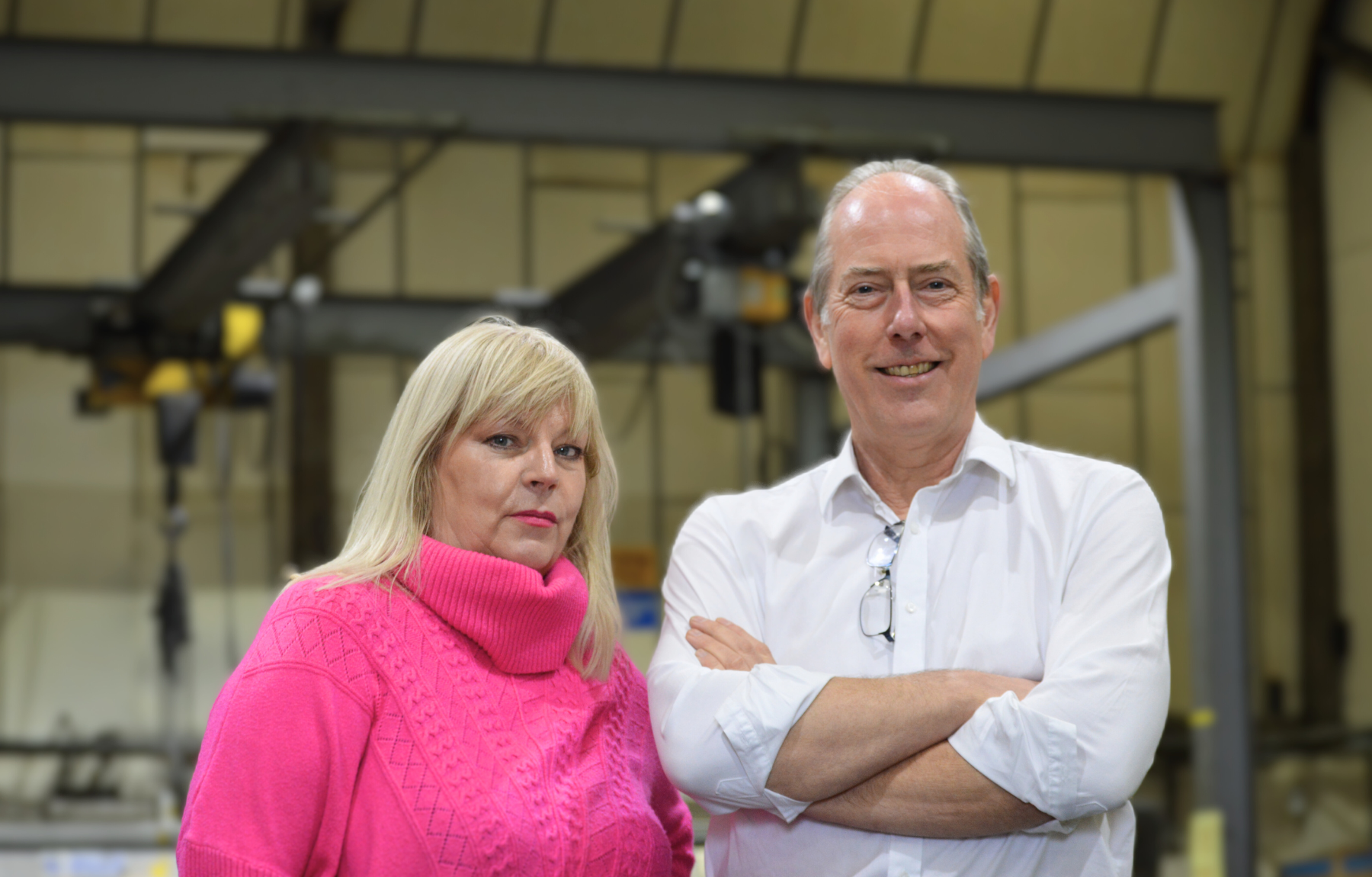Defiant and Clean: Why Vapour Degreasing is Leading UK Manufacturing’s Quiet Comeback

As UK manufacturing stands at a critical juncture, grappling with rising costs, tariff threats, and a volatile economic climate, some industry leaders are pushing back — not with grand gestures, but with cleaner parts, tighter tolerances, and unapologetic precision.
“Metal degreasing doesn’t grab headlines,” says Chris Arrowsmith, Managing Director of Midland Deburr & Finish, “but without it, the rest of the process falls apart. It’s preparation, it’s prevention. It's performance.”
From his Stourbridge base, Arrowsmith oversees a business that has long specialised in the subtle, essential art of getting components absolutely clean. In aerospace, automotive, defence, and medical manufacturing, any trace of oil, grease or residue can lead to catastrophic failure — and the task of removing these microscopic contaminants is far from mundane.
Two of the most enduring and effective approaches are solvent degreasing and vapour degreasing — both core capabilities at Midland Deburr. “There’s been a tendency to write off solvent-based processes as old-fashioned,” Arrowsmith notes. “But that misses the point. Today’s vapour degreasing systems are sealed, efficient, and environmentally compliant. When you need absolute assurance that a component is clean — inside every bore, across every thread — vapour still delivers.”
Vapour degreasing involves boiling a cleaning solvent so its vapours rise, condense on the cooler metal part, and wash contaminants away. It’s especially effective on complex geometries, tight clearances, and assemblies that can’t afford residue. “Drying is virtually instant, cleaning is uniform, and the chemistry has evolved,” he explains. “We’re using modern solvents with low global warming potential and equipment that meets or exceeds safety regulations. It’s not yesterday’s tech — it’s today’s quietly vital standard.”
That level of process integrity, Arrowsmith argues, is part of why UK manufacturing must stay bold. Despite faltering confidence across sectors — with the ICAEW reporting the lowest business confidence since late 2022 — he sees opportunity in going back to fundamentals.
“The real strength of UK manufacturing isn’t just in our innovation,” he says, “it’s in our discipline. We know how to make things properly. We know how to prepare parts to survive under stress. That starts with cleaning — real cleaning — not cutting corners.”
Midland Deburr & Finish’s solvent degreasing and vapour degreasing capabilities are tailored to a wide variety of metals, including aluminium, stainless steel, and exotic alloys. And the approach is anything but one-size-fits-all. “We assess every part for geometry, material, and end-use before choosing the method. It’s a science — and it’s where our customers see real value,” Arrowsmith adds.
That kind of value is exactly what UK manufacturers are leaning into as they face what ICAEW has called “a blizzard of extra outlays.” With employer national insurance rising, utility bills soaring, and global tariff threats mounting — particularly from US trade policy — the temptation might be to retreat or cut quality corners.
Not so for Arrowsmith. “This is precisely the time to double down on process, on quality, on things that differentiate us from lower-cost markets,” he says. “Degreasing is a perfect example — get it wrong, and your coating peels, your welds fail, your part corrodes. Get it right, and you extend the lifespan of a component by years. That’s not a cost. That’s an investment.”
While many manufacturers are tightening belts, Midland Deburr continues to invest — in upgraded chemistries, enhanced automation, and customer support. “We’re staying agile, but we’re not stepping back. Our job is to help our customers hit spec, every time, with no excuses. Vapour degreasing plays a massive role in that. If anything, it's more relevant now than ever.”
And with 2025 shaping up as a potential reset moment for UK industry, Arrowsmith sees cause for optimism — if the sector can stay focused. “Let’s not wait for a miracle from Westminster or Washington,” he says. “Let’s lead from the shop floor. Let’s prove — part by part — that British manufacturing is worth betting on. Because when your parts are cleaner, your process is stronger. And when your process is stronger, your economy follows.”
The message, like the cleaning process itself, is clear: no matter what challenges lie ahead, UK manufacturing isn’t folding — it’s finishing. And it’s finishing well.
Quick Contact Form
